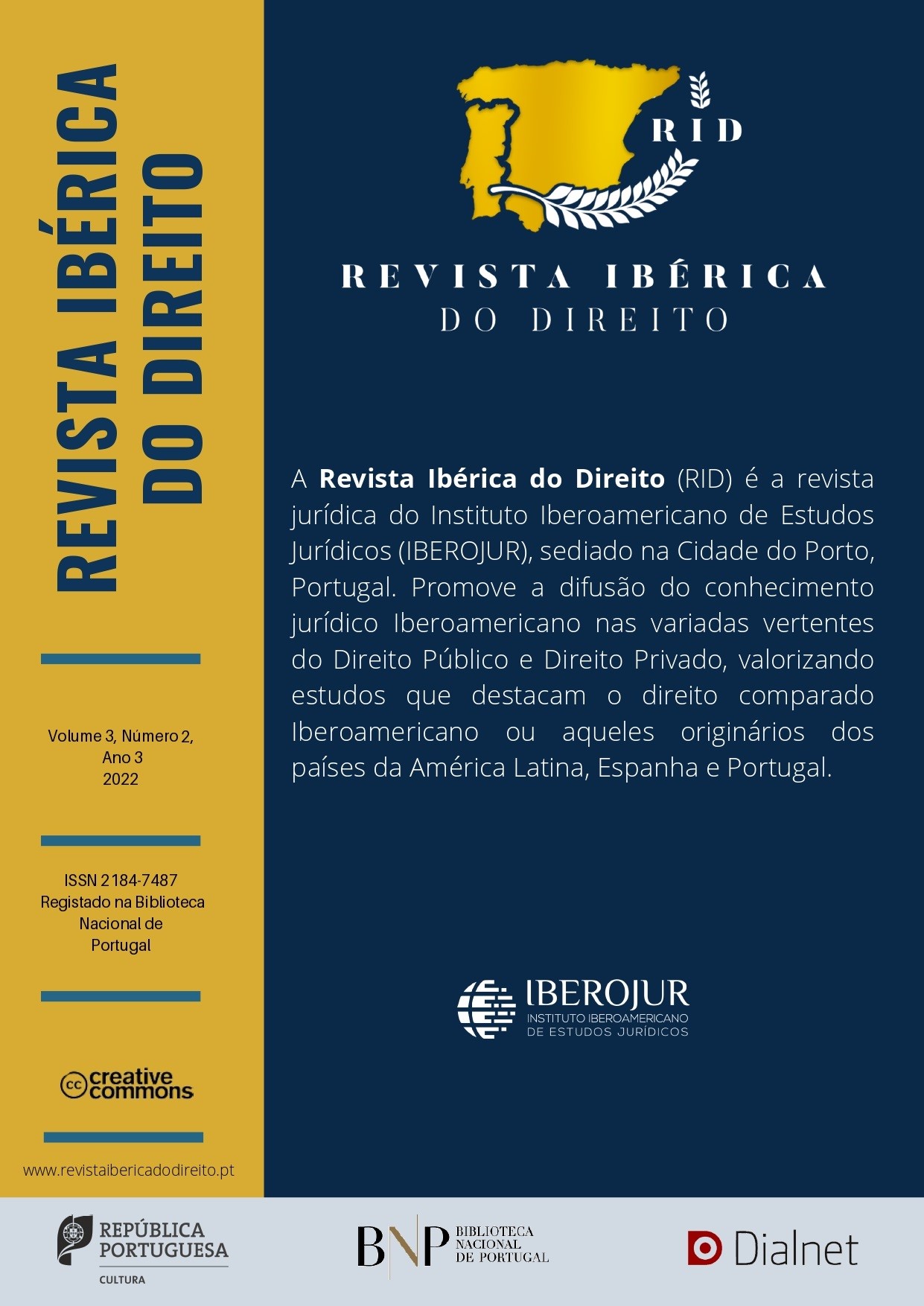A LIMITAÇÃO DOS DIREITOS DE PERSONALIDADE NA ERA DAS TECNOLOGIAS DA INFORMAÇÃO: AS RELAÇÕES JUSLABORAIS E AS REDES SOCIAIS
Abstract
ABSTRACT: New technologies’ expansion and the use of social networks has revived the problem of the fundamental rights’ conflict in the employment relationship, in such a way that it is an issue on the current agenda of the European Parliament. On one hand, workers' rights to express their thoughts on social media, as well as their right to private life. On the other hand, the employer's rights to own and manage the company and to be treated with respect and urbanity. The object of this study is the publications made by workers, through their private profile on social networks. The aim is to study whether workers can publish whatever they like, with reference to the employer, co-workers and/or labor matters.
Workers' personality rights include the rights to freedom of speech and opinion, as well as the reservation of intimate and private life. Such precepts are provided for in articles 26th and 37th of the Portuguese Republic Constitution, 27th, 70th, 80th of the Civil Code and 14th and 16th of the Labor Code. However, the employer also enjoys constitutionally protected rights: the principle of free economic initiative and the freedom of organization of the company, guaranteed in articles 61st, 80th and 86th, respectively. In a society constrained by the ethical values of citizenship, labor relations impose the duties of respect and urban treatment inherent to civil relations, as listed in articles 127th and 128th of the Labor Code.
The methodology used in this investigation was the study of doctrine, th national and European Law, as well as Portuguese jurisprudence and international cases refererred in the European Court of Human Rights. To resolve this issue, it is important to consider the extent to which the rights of both parties collide with the "normal operation of the company" and, likewise, what content is considered to be the superior interest and to what extent such rights should be limited, as mentioned in article 18th of the Constitution.
Keywords: Social networks; liberty of expression; privacy; business’ normal functioning; fundamental rights’ conflict.
Published
Issue
Section
License
Copyright (c) 2023 Revista Ibérica do Direito

This work is licensed under a Creative Commons Attribution-NonCommercial-NoDerivatives 4.0 International License.
Este trabalho está licenciado sob uma Licença Creative Commons Attribution 3.0


